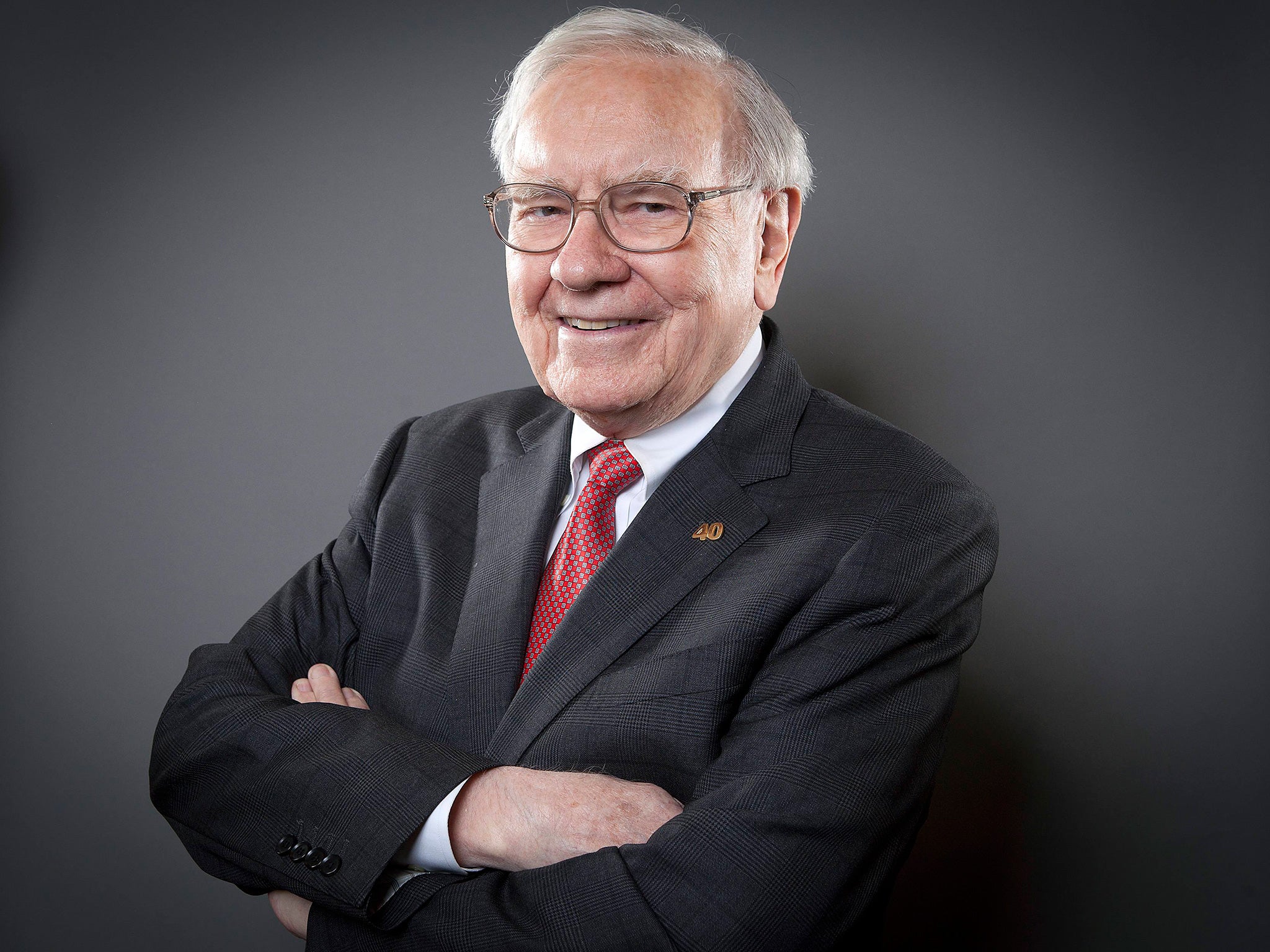Mark Dampier: 'Being cool on when to buy or sell shares beats gut instincts'

Your support helps us to tell the story
From reproductive rights to climate change to Big Tech, The Independent is on the ground when the story is developing. Whether it's investigating the financials of Elon Musk's pro-Trump PAC or producing our latest documentary, 'The A Word', which shines a light on the American women fighting for reproductive rights, we know how important it is to parse out the facts from the messaging.
At such a critical moment in US history, we need reporters on the ground. Your donation allows us to keep sending journalists to speak to both sides of the story.
The Independent is trusted by Americans across the entire political spectrum. And unlike many other quality news outlets, we choose not to lock Americans out of our reporting and analysis with paywalls. We believe quality journalism should be available to everyone, paid for by those who can afford it.
Your support makes all the difference.One of the most famous maxims of the investment guru Warren Buffett is "to be fearful when others are greedy and to be greedy when others are fearful" – in other words, buy low, sell high and don't follow the crowd. The reason it works for him is that most investors don't follow his words of wisdom.
Why not? Because it goes against our human instincts – the gut feelings and natural biases that serve us well in day-to-day choices, but can be a hindrance in long-term investment decisions. They include overconfidence in our decision-making ability; interpreting information in a way that confirms our beliefs; loss aversion, which stops us selling a poor investment for fear of "locking in" the loss; and inertia.
It is these traits that lead us to seek safety in the crowd, assume markets will keep rising, invest in overpriced shares, or bury our heads in the sand and try to forget about the decision at hand.
Even with some self-awareness of the problems in our thinking, having the confidence to go against all our instincts when hard-saved money is at stake is easier said than done. This is why many investors choose to let professional fund managers shoulder some or all of the burden.
Tony Cousins and his team at Pyrford invest in the disciplined and emotion-free way that most people would if they had the confidence. Their central view is that shares will perform well over the long term, but at certain points they will look more or less attractive, so patience is key. When they feel others are being too greedy and share prices are too high, they will be cautious – investing more in government bonds and cash. Equally, there will be times when opportunities are available – usually after market falls, when others are at their most fearful – and this will be the time to pounce.
The approach is cautious at heart and the team is not aiming to achieve a greater return than the stock market. The first aim is to preserve capital over any 12-month period; the second is to deliver a return with lower volatility than the market; a third aim is a return greater than inflation in the long term. The team are willing to take more risks when they feel investors will be rewarded, but their unwavering discipline means there can be periods when performance looks pedestrian.
Their big-picture view of the investment environment and their willingness to move between different asset classes are the main drivers of performance, but other elements play a part, including stock selection and currency.
Today, the team believe investors are being too greedy once again and they are firmly in fear mode. High-quality companies (large and medium-sized companies with proven and sustainable business models, high dividends and low debt) account for 30 per cent of the fund.
There tends to be a bias towards the shares of UK businesses, including GlaxoSmithKline, Vodafone and Legal & General. On the international stage they also hold well-known companies such as Microsoft, McDonald's and Nestlé.
Government bonds account for around 60 per cent of the fund. The team only consider those issued by developed nations such as the UK, US, Canada, the eurozone nations and Japan, and investments are currently concentrated in short-dated bonds – that is, those that are soon to be repaid by the government which issued them. These are considered lower risk and less sensitive to interest rate rises.
The approach of focusing on high-quality assets and only investing when valuations are attractive is not revolutionary, but Pyrford's discipline and long-term approach is all too rare in the investment world.
This fund could sit at the core of virtually any investment portfolio. It is a more cautious option than a fund invested 100 per cent in shares and, along with other total return funds, could form a defensive portfolio.
Depending on the objectives of a portfolio, other funds could be added with the aim of generating an income or boosting growth.
Join our commenting forum
Join thought-provoking conversations, follow other Independent readers and see their replies
Comments